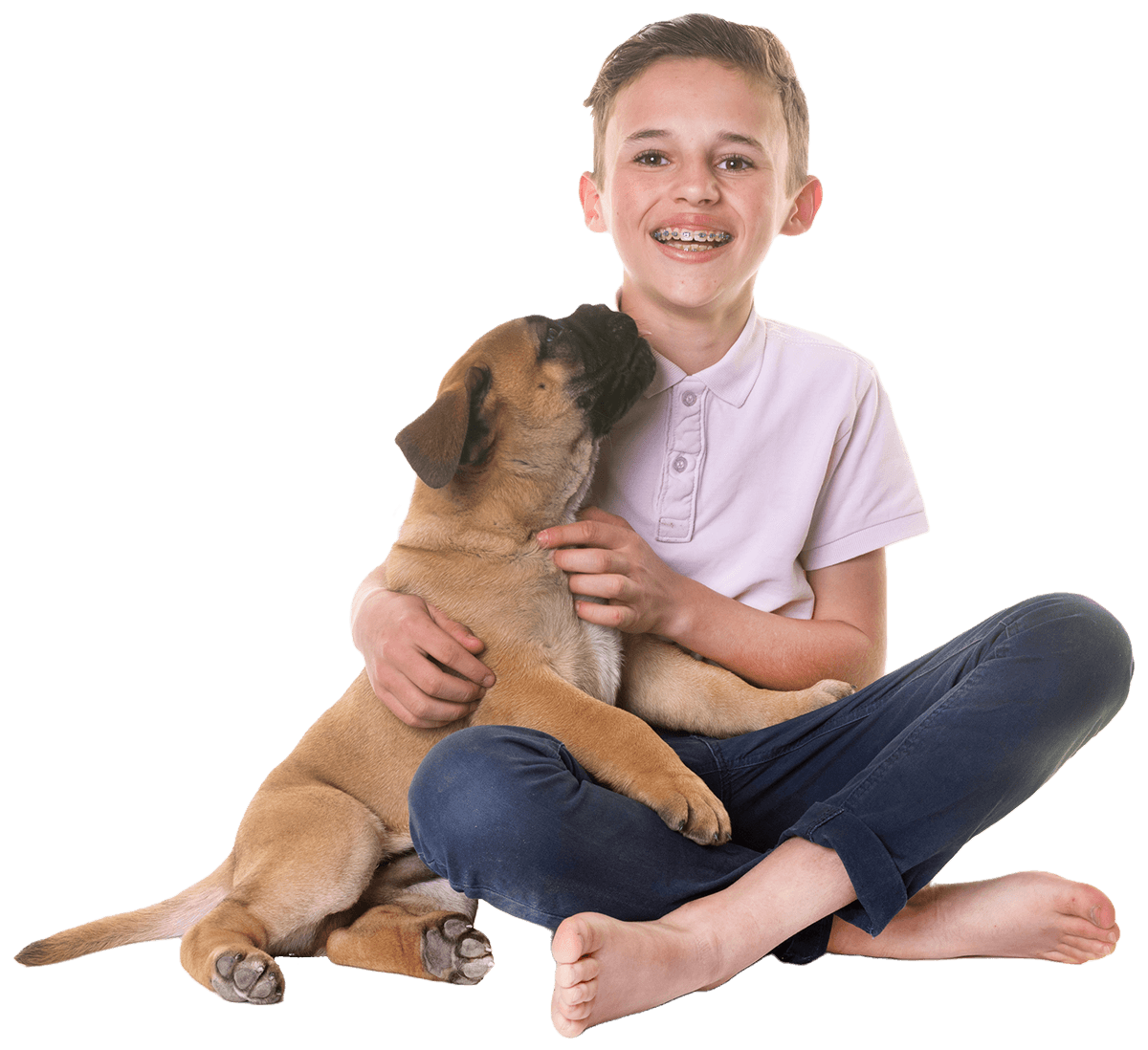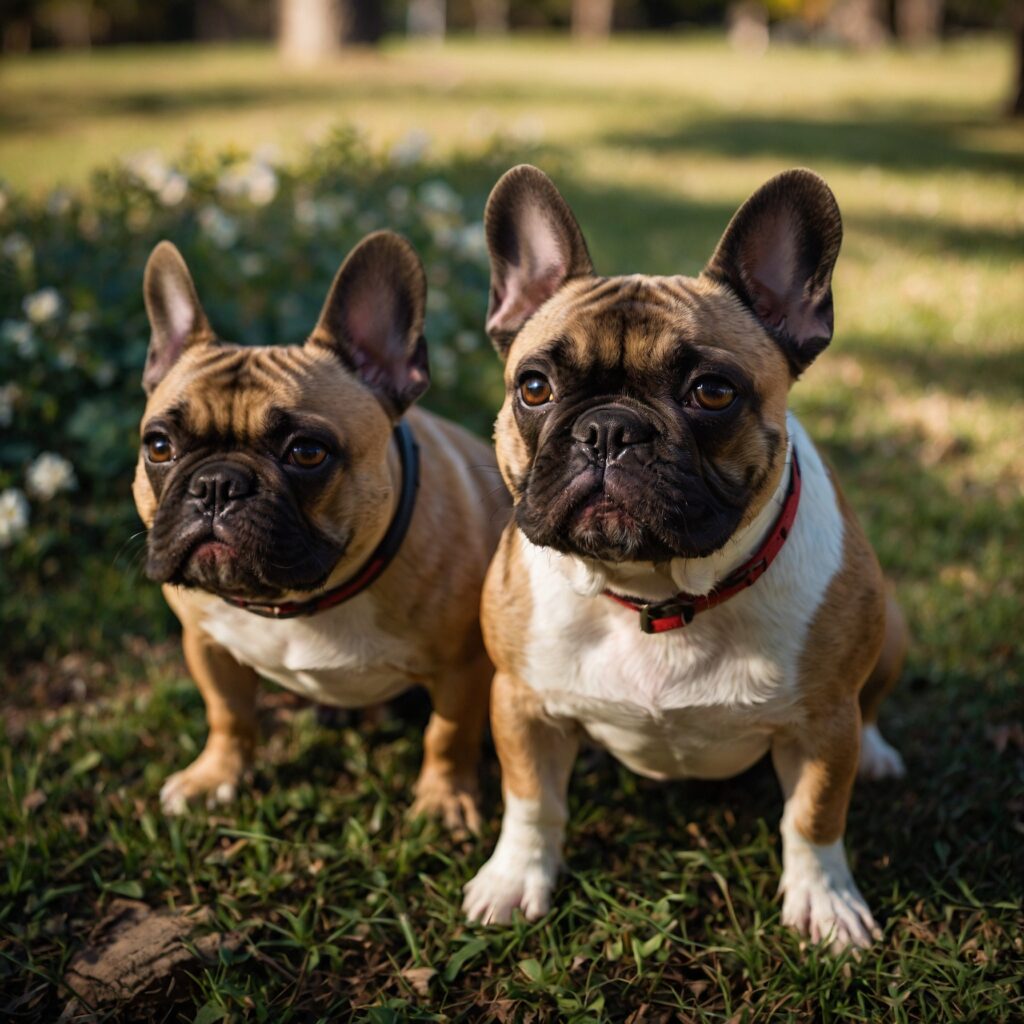About Bulldogs
Home/


About Bulldogs
The History, Background, and Characteristics of an Iconic Breed
Understanding the Origins
Where Do Bulldogs Come From?
The history of Bulldogs is as complex and fascinating as the breed itself. Originating in the British Isles, Bulldogs were initially bred for a sport known as bull-baiting. This brutal practice involved dogs attempting to immobilize a bull by biting its nose and holding on—a task that required immense strength, tenacity, and courage. The breed’s name, “Bulldog,” is a direct reference to their role in this now-outlawed sport.
Bulldogs of the past were quite different from the lovable, stocky pets we know today. The early Bulldogs were taller, more athletic, and possessed a ferocity necessary for their grim task. Their physical build was designed for function: a large, strong head with powerful jaws and a muscular, agile body that could withstand the bull’s attempts to shake them off.
Understanding the Origins
The Evolution of Bulldogs Post Bull-Baiting
With the outlawing of bull-baiting in 1835 in the United Kingdom, Bulldogs faced an uncertain future. The breed’s purpose had been largely tied to this now-illegal sport, leading many to believe that Bulldogs would fade into obscurity. However, admirers of the breed were determined to preserve these dogs, not for their former ferocity but for their loyal and affectionate nature.
Selective breeding over the years transformed Bulldogs from fierce bull-baiters into gentle companions. The modern Bulldog, shorter and stockier than its ancestors, was bred with an emphasis on temperament rather than aggression. The result was a breed that, while still possessing a strong and sturdy build, became known for its calm, loyal, and often stubborn personality.
Bulldog Characteristics
What Makes Bulldogs Unique?
Today’s Bulldogs are recognized for their distinctive appearance and endearing temperament. Their physical traits are immediately recognizable: a wrinkled face with a pushed-in nose, a strong jaw, and a muscular, compact body. These features, while charming, are also a direct result of their history and breeding.
One of the most distinctive features of Bulldogs is their brachycephalic skull, which gives them their characteristic flat-faced appearance. This trait, while adored by many, does come with certain health considerations. Bulldogs often experience respiratory issues due to their short snouts, making them prone to overheating and requiring careful management during exercise and in hot weather.
Personality-wise, Bulldogs are known for their loyalty and affection. They form strong bonds with their owners and are often described as being “people dogs.” Despite their somewhat intimidating appearance, Bulldogs are generally good-natured, making them excellent family pets. However, their stubborn streak is also well-known; training a Bulldog can require patience and consistency.
Bulldogs in Popular Culture
From Mascots to Movie Stars
Bulldogs have made their mark not just in homes but also in popular culture. They are often chosen as mascots for sports teams, military units, and schools, symbolizing determination, resilience, and strength. Perhaps one of the most famous Bulldog mascots is “Uga,” the live mascot of the University of Georgia’s football team.
In movies and television, Bulldogs often play roles that emphasize their tough but loveable nature. Their distinctive looks and expressive faces make them popular choices for roles that require a dog with character and presence. Whether portraying a loyal sidekick or a comic relief, Bulldogs have earned a special place in entertainment.


Health Considerations
Lifespan of Bulldogs
While Bulldogs are beloved for their appearance and temperament, potential owners should be aware of the health challenges associated with the breed. Their brachycephalic structure makes them prone to respiratory issues, which can be exacerbated by obesity or excessive heat. Additionally, Bulldogs often suffer from joint issues, particularly hip dysplasia, due to their stocky build.
The average lifespan of a Bulldog is around 8 to 10 years, which is relatively short compared to some other breeds. This shorter lifespan is often attributed to the breed’s predisposition to certain health problems. However, with proper care, regular veterinary visits, and a healthy lifestyle, many Bulldogs live happy and fulfilling lives.
Common Myths About Bulldogs
There are several myths and misconceptions about Bulldogs that are worth addressing. One common myth is that Bulldogs are inherently aggressive. While their ancestors were bred for bull-baiting, modern Bulldogs are far from aggressive. In fact, they are known for their gentle and loving nature.
Another myth is that Bulldogs are lazy. While it’s true that Bulldogs are not as energetic as some other breeds, they still require regular exercise to stay healthy. A Bulldog that doesn’t get enough physical activity can quickly become overweight, leading to health problems.
Lastly, some people believe that Bulldogs are not trainable due to their stubbornness. While they can be challenging to train, Bulldogs are certainly trainable with the right approach. Consistency, patience, and positive reinforcement are key to successful training.
The Role of Bulldogs in Modern Society
In today’s world, Bulldogs have found a new purpose as beloved family pets and companions. Their loyalty, affectionate nature, and unique appearance have made them one of the most popular dog breeds in many countries. Bulldogs are also commonly used as therapy dogs due to their calm demeanor and love of human interaction.
The breed’s resurgence in popularity has also brought about a greater awareness of the importance of responsible breeding and care. Advocacy for the health and well-being of Bulldogs is stronger than ever, with many organizations dedicated to improving the breed’s health through better breeding practices and education.
